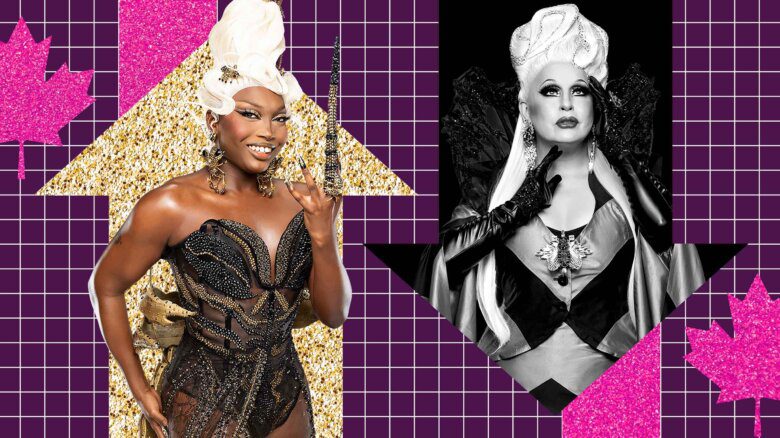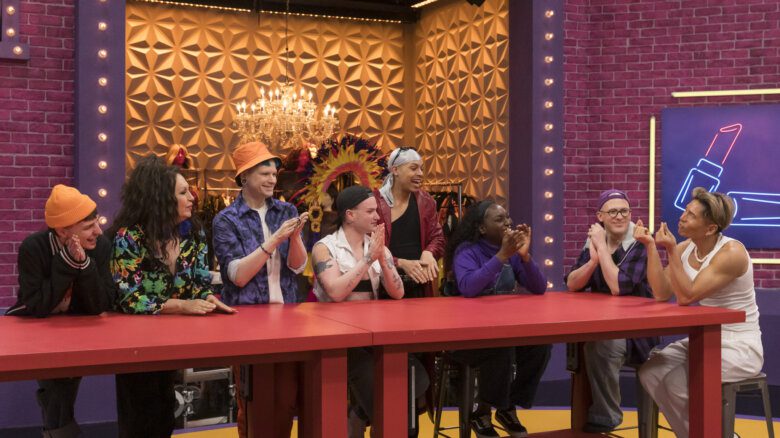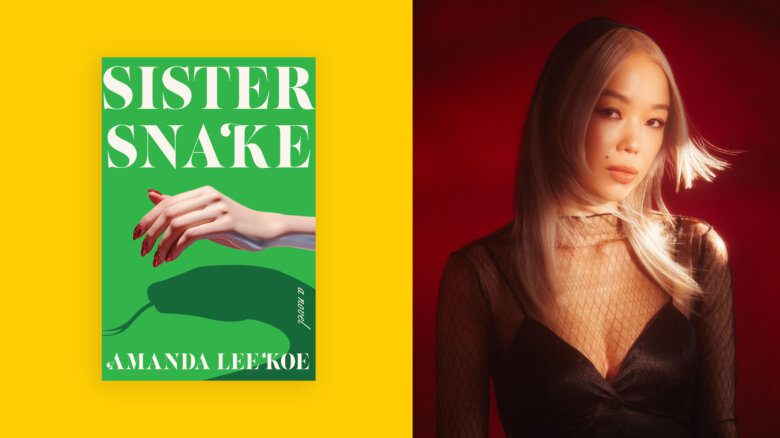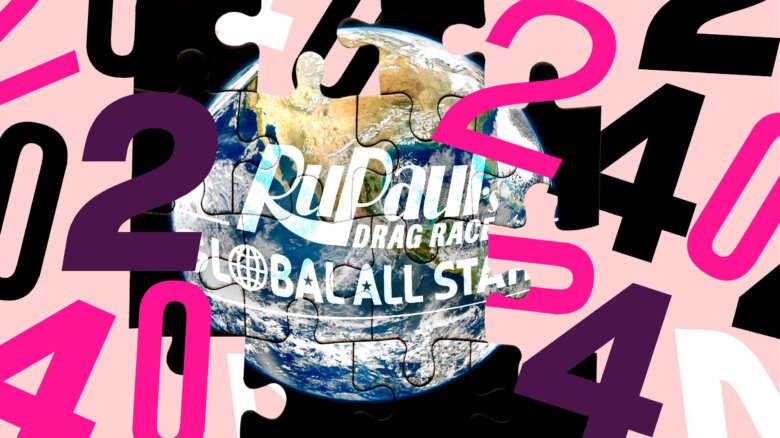San Francisco will soon become the first city in the U.S. to have its very own drag laureate—a role granted to a successful applicant who will represent the city’s drag culture and promote its status as a locus for drag artistry.
The position will include a stipend of $55,000 and be held for 18 months, during which time the laureate, who must be over 21 and a resident of San Francisco, would serve as a “spokesperson” for the local LGBTQ2S+ community, participate in and help organize community programming and help select the next person to hold the position, among other duties. Applications for the position opened in November and will close on Feb. 16.
Those who put their names forward will be vetted by the office of Mayor London Breed as well as local LGBTQ2S+ organizations including the Sisters of Perpetual Indulgence (SPI), the Transgender District of San Francisco, the LGBTQ Center of San Francisco, the Arts Commission, the Entertainment Commission and others.
“It’s just a way for the city to support and celebrate our incredibly diverse and beautiful, queer drag culture,” says Sister Roma of the Sisters of Perpetual Indulgence, who is on the vetting committee, speaking to Xtra. “And of course, today, drag doesn’t just mean queens—it means kings and all sorts of different presentations of drag.”
Sister Roma has been a member of the SPI for 36 years, and is also an activist, fundraiser and public speaker. The SPI is an SF-based non-profit that uses protest and street performance to call attention to sexual intolerance and to satirize issues of gender. They are credited with raising over $1 million for community health and political causes since 1979.
“When I started doing drag in 1987, you know, it was sort of punk rock, it was very underground,” says Roma. “Drag has come out of the shadows thanks to people like RuPaul, and Lady Bunny. Drag Race brought drag into people’s living rooms.”
Although drag artistry continues to permeate different levels of culture from runways, to cooking shows, to library readings—Roma notes a significant backlash to this from the political right.
“They’re threatened by drag culture, and by queer people in general. So I believe that there is a movement afoot right now to criminalize and silence us, from the ‘Don’t Say Gay’ bill to denying trans gender-affirming treatment.”
Roma is referring to legislation signed by Florida governor Ron DeSantis last year that bans instruction on sexual orientation and gender identity in K-3 classrooms, as well as various bills proposed in dozens of states that would ban gender-affirming healthcare.
She hopes that the drag laureate program will help legitimize the art of drag at a governmental level, and shine a light on what it really means to queer and trans people.
“It’s an art form. It’s very valuable to our community and to the world in general,” she says. “I mean, drag queens quite often are the first people to pick up a bullhorn and march alongside women, people of colour to defend the planet, to stand up for gun control.”
The city’s institutional support for local drag culture is a far cry from the backlash seen in other areas across the U.S. California State Senator Scott Wiener, who represents San Francisco, supported an ordinance in 2015 when he was a city supervisor that originated the LGBTQ+ Cultural Heritage Task Force. The task force was responsible for unveiling a report in 2020 that included ideas to support the local queer community.
Among the recommendations was the creation of the drag laureate position. “The new drag laureate program is a fantastic way to celebrate and support San Francisco’s vibrant and beautiful drag community,” Wiener wrote in a statement last June. “Our drag performers are part of the heart and soul of our city.”
But, despite this support, Roma says it comes at a time when the broader political landscape of the country feels in some ways bleaker than it did when she started doing drag in the 1980s.
“It felt like our government used to really protect and defend the Constitution, which assures civil rights. So there was always someone at the highest levels fighting for us to ensure that we had freedom of expression and protection from the ignorance of other people,” she says.
Roma says the ideal candidate for drag laureate would be someone who could stand up to this backlash and have the vision to look to the future. Since responsibilities include preserving the city’s drag history and being a spokesperson for the LGBTQ2S+ community, the perfect candidate would also have to know a lot about the city’s history and be conscious of its cultural fabric.
“I think that they should be well-spoken, I think that they should be talented, and embody San Francisco values, which traditionally are very liberal and pro-human and pro-civil rights,” Roma says.
Roma expects there to be fierce competition and debate in the selection process. While she will have a hand in it, the final choice will be left up to Mayor Breed, with a decision likely to be reached in March.


 Why you can trust Xtra
Why you can trust Xtra


